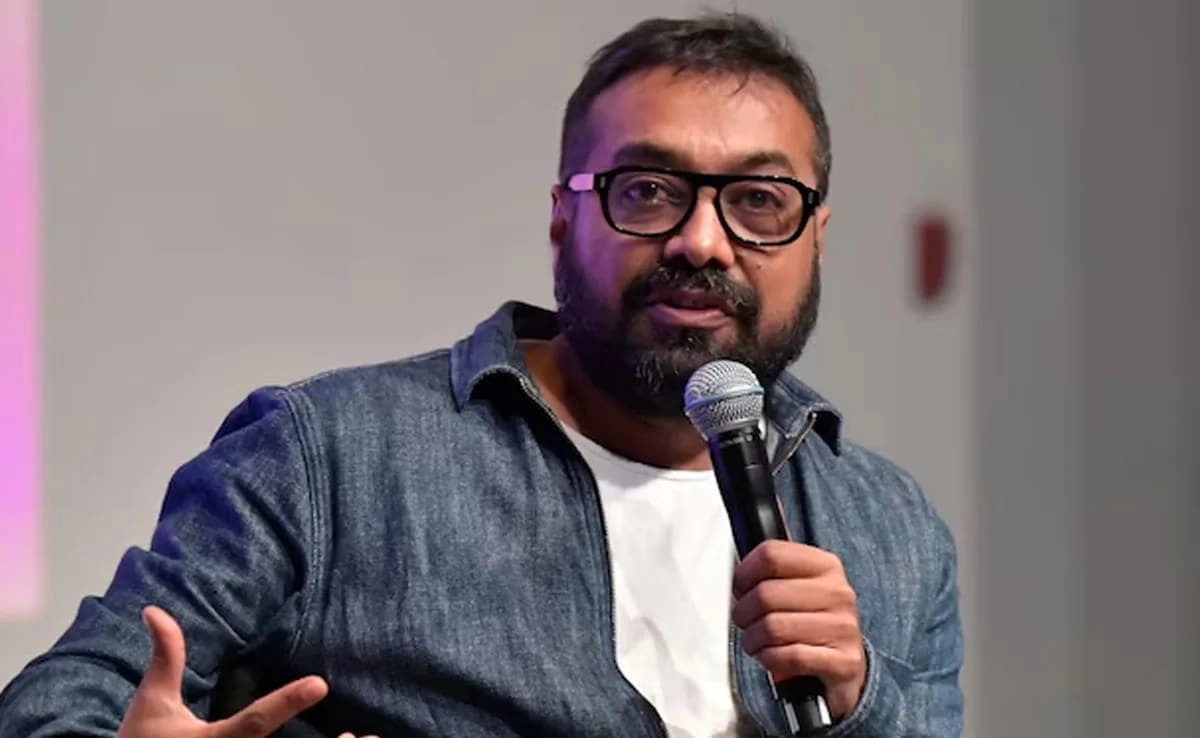In a pointed remark, former U.S. National Security Advisor John Bolton suggested that Indian Prime Minister Narendra Modi should nominate Donald Trump for the Nobel Peace Prize not just once, but twice. This statement, laced with sarcasm, highlights Bolton’s critical stance towards Trump’s foreign policy and his approach to international relations during his presidency. Bolton’s jibe reflects the ongoing discourse surrounding Trump’s legacy, particularly in areas such as diplomacy and peace negotiations.
Bolton’s comment underscores the complexities of Trump’s foreign engagements, which were often characterized by unconventional tactics and a departure from traditional diplomatic norms. During his tenure, Trump boasted about his efforts to broker peace deals in various regions, including the Middle East, where the Abraham Accords were a significant achievement. However, critics argue that these deals were more about optics than substantive long-term solutions, raising questions about the effectiveness of his approach.
The notion of nominating Trump for the Nobel Prize, even in jest, evokes a mixed response from both supporters and detractors. While his supporters may point to his attempts to reshape international alliances and his controversial dealings with North Korea as grounds for such recognition, many others view his presidency as chaotic and detrimental to U.S. global standing. Bolton’s comment serves as a reminder of the polarized opinions surrounding Trump’s legacy, illustrating how figures within the political sphere can leverage humor and satire to critique or defend past administrations.
In the broader context of international politics, Bolton’s remarks also highlight the importance of leadership in shaping peace processes. The Nobel Peace Prize carries significant weight and is often seen as a recognition of genuine efforts toward resolving conflicts and fostering harmony. As discussions about potential nominees for future awards arise, the contrasting views on Trump’s tenure will likely continue to fuel debates about what constitutes meaningful contributions to peace and stability on the global stage.




